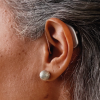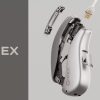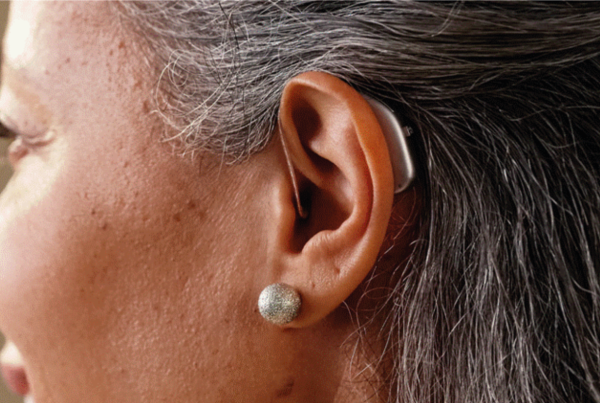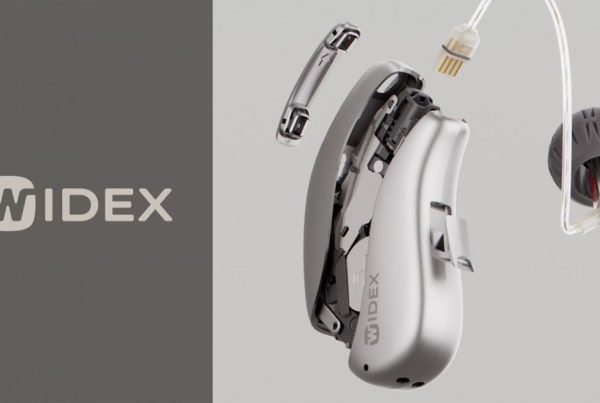A major study spanning ten years has indicated that hearing aids could be the key to protecting against dementia. Findings indicate that people with hearing loss who do not use a hearing device may have a higher risk of dementia than those without hearing loss.
With worldwide cases of dementia projected to triple by 2050, this new evidence stands as a crucial step in preventing its debilitating effects and securing future health systems around the globe.
For over a decade, 437,704 British adults participated in the UK Biobank study to uncover insights into human health. With an average age of 56 and follow-up period of 12 years, researchers have gained valuable knowledge from this comprehensive population survey.
DigiClear, who offer high quality hearing aids in Hertfordshire and surrounding areas, originally reported on this study in 2020, when findings were published in the Lancet Public Health Journal. You can find the full blog post here. Findings were then updated in April 2023, which suggested that hearing loss may be linked to about 8% of worldwide dementia cases.
Research found that the risk of dementia in people with hearing loss is significantly higher if they don’t use a hearing aid. Comparatively, those using the device showed no increased risk – approximately 1.7% for non-users and only 1.2% for users of it!
These findings highlight how effective hearing aids can be at reducing this type of cognitive decline as we get older. “Close to four-fifths of people experiencing hearing loss do not use hearing aids in the UK,” said Zhu. “Hearing loss may begin early in one’s 40s, and there is evidence that gradual cognitive decline before a dementia diagnosis can last 20 to 25 years.
“Our findings highlight the urgent need for the early introduction of hearing aids when someone starts to experience hearing impairment.
“A group effort from across society is necessary, including raising awareness of hearing loss and the potential links with dementia, increasing accessibility to hearing aids by reducing cost, and more support for primary care workers to screen for hearing impairment, raise awareness, and deliver treatment such as fitting hearing aids.”
What is the link between hearing loss and dementia?
Although it can be tricky to prove a direct link between hearing loss and dementia, studies like this show strong evidence that hearing is an essential part of brain health. In fact, the Royal National Institute for Deaf People (RNID) suggest that mild hearing loss doubles the risk of developing dementia, moderate hearing loss leads to three times the risk, whereas severe hearing loss increases the risk by a massive five times.
However, it’s clear that we don’t yet know exactly how the two factors are linked. Robert Howard, professor of old age psychiatry, at University College London, who was not involved in the study, said: “This is a large and well-conducted study, but we should always remember that association is not the same as causation.”
“I’m sceptical that use of hearing aids can be considered to prevent dementia. It seems more plausible to me that the association reflects that individuals on their way to developing dementia struggle to take up or use hearing aids.
“But hearing aids are important in reducing isolation and increasing quality of life, so we should encourage their use anyway.”
Reducing the risk of dementia
It’s undoubtable that dementia is a growing issue for our aging population, but could we reduce the number of cases? It appears that there are ways to manage the risk of dementia.
Social isolation, smoking and depression are all known risk factors – as well being aware of hearing loss in mid-life. In fact, this may prove to the greatest potentially modifiable factor connected with dementia. Through research into integrating preventative measures like wearing hearing aids now, it’s possible to make strides towards reducing individuals’ odds of suffering from dementia later on in life.
If you are struggling with your hearing, feel your hearing devices are due an upgrade, or want to enquire about earwax removal in Hertfordshire and Essex, get in touch to book a consultation today.







